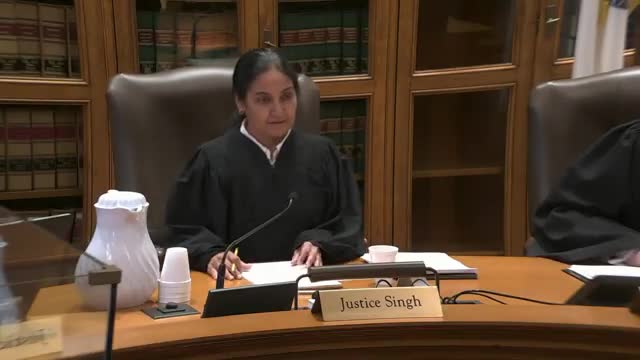Article not found
This article is no longer available. But don't worry—we've gathered other articles that discuss the same topic.
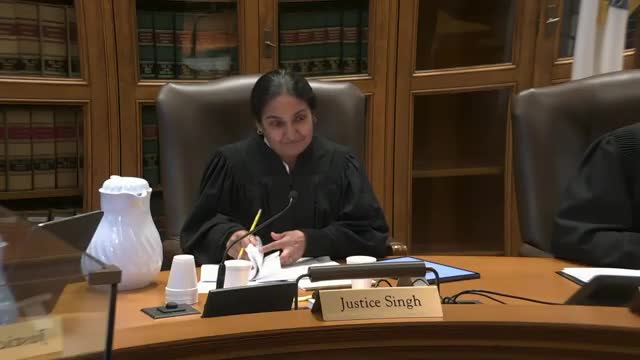
Appeals court hears challenge to Fairhaven planning board’s denial of subdivision amid Board of Health timing dispute
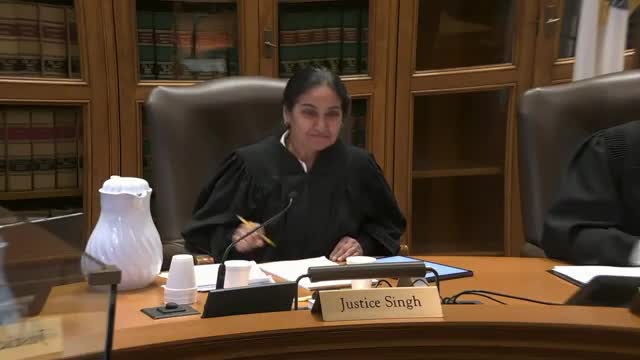
Appeals court hears dispute over fee allocation and successor-counsel obligations after $800,000 settlement
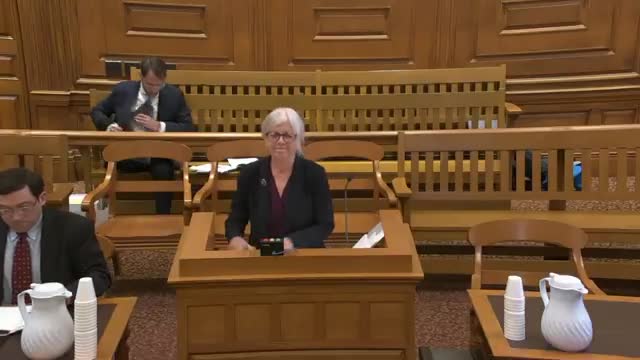
Appeals court considers whether defective Rule 20 verdict slip and mixed expert evidence require new trial in neighbor water dispute
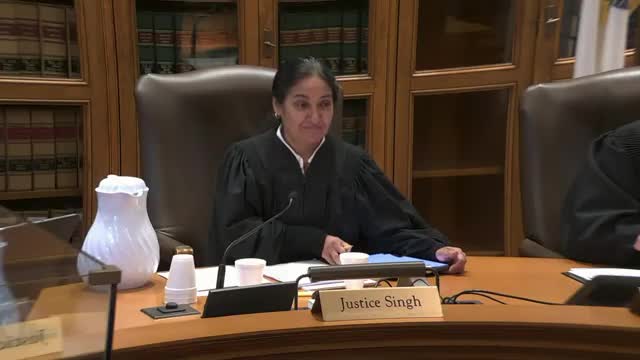
Appeals court weighs whether Najjar error voids guilty plea in homicide case
